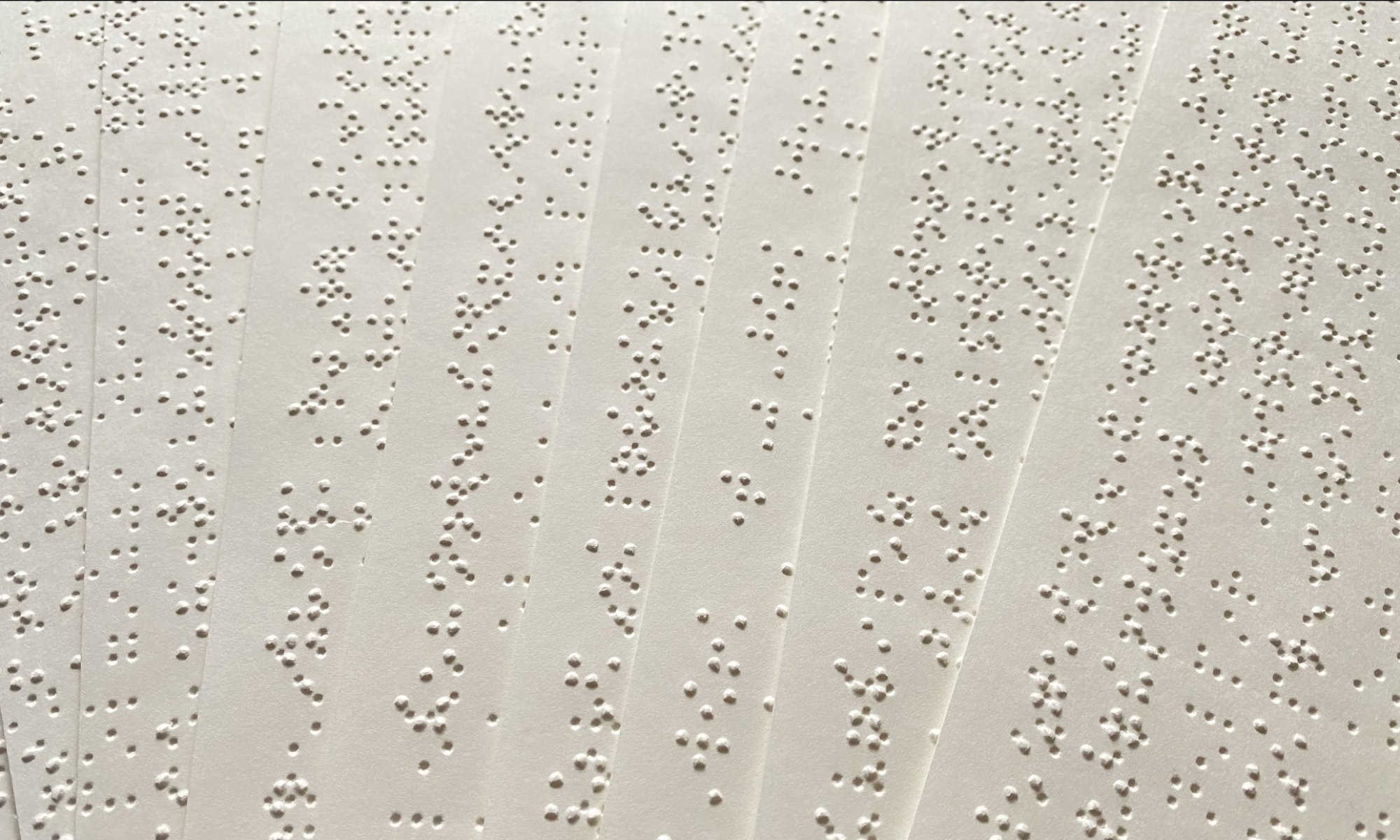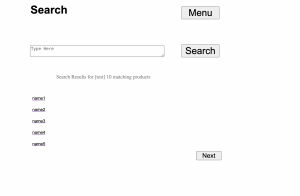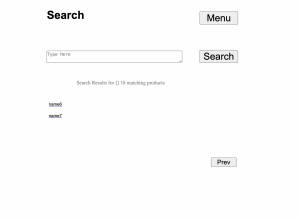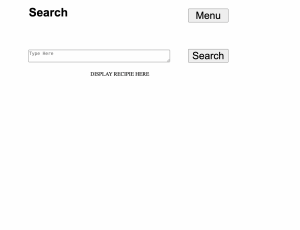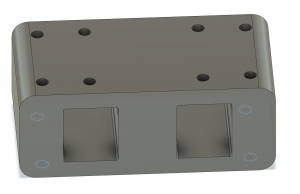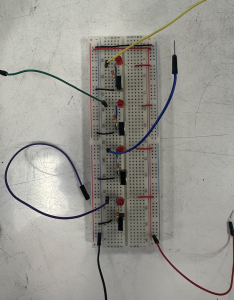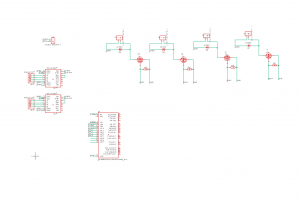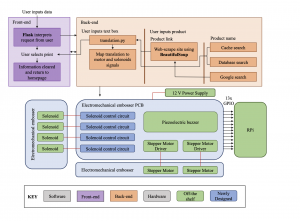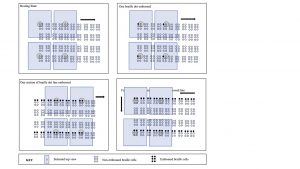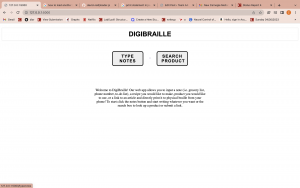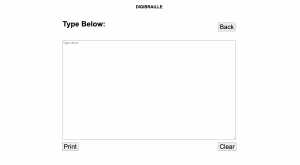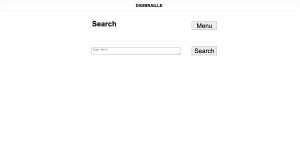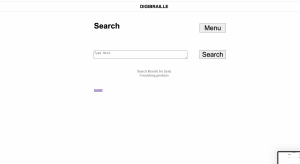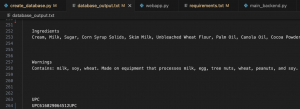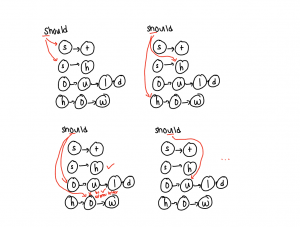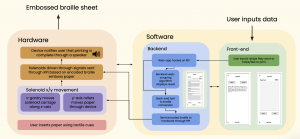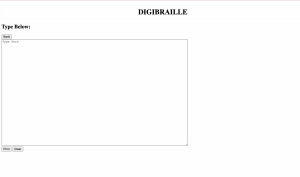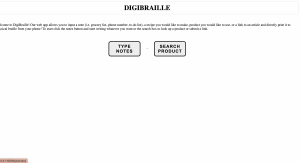We spent most of this week working on the design report given how lengthy it is. I wrote the related work section, integration tests, software trade-offs, system implementation for software, abstract, software index terms, software use case requirements, team member responsibilities, software risk mitigation plans, software testing and verification, and system implementation diagrams including the webscraping diagram, cache diagram, database diagram, and translation diagram. This put into words and explained everything behind what I have been working on up till now and what I plan to work on in the next couple weeks.
I also reached out to someone to show us how the braille embosser in the library LAMP works and to someone else to gather people to test our user interface.
For the software, I finished actually creating the database for directionsforme.org. It basically loops through the keywords (not words such as and, or, the) and adds the recipe to a list that is the value in a dictionary with the key being the keyword. I then use the library csv and csvwriter to write this into the database. For extraction, in webapp.py, I convert this csv file to a dictionary when the website is run so it only needs to be run once for each time we host the website. I want to explore if there is a way to only do this once in general because this will take a lot of time. Then, when someone searches the product, it goes through through each keyword in the search and records the recipes each of these keywords map to in order to figure out the most likely recipes and send that back to the user. This is done in websearch.py.
I have also written out some high level “code” for the translation. It is essentially a for loop that maps each character to the character(s) in the dictionary I have set of 6 signals. There are multiple conditions which regex looks for such as closed parentheses or a word of only capital letters or numbers or contractions which is also in this loop. I use the library re to do these evaluations.
As for communicating with the backend, I have started learning how the Raspberry Pi works and running basic things now that I have the SD card. This ties into the question of the week –
As you’ve now established a set of sub-systems necessary to implement your project, what new tools are you looking into learning so you are able to accomplish your planned tasks?
I have been spending a lot of time learning to use the Raspberry Pi and I expect to spend more time with how it keeps memory and runs programs and receives inputs/outputs for our actual project. I will also need to learn more about internet hosting because that is our current plan based on our research. I am familiar with most of the Python libraries but in order to make the webscraping more efficient, i need to learn more about the specific functions that Beautiful Soup has. I also don’t have experience with the Flask library and as I will be developing the frontend-backend communication further, I might have to learn more about it. Also, I plan to look into basic computer vision and existing open source algorithms so that users have an additional feature to print text that their camera sees whether it’s the back of boxes or flyers.
While I spent more time on the design report and therefore less time than I wanted on the software, I am still on track if not a little ahead compared to the overall schedule especially because I have been doing basic testing as we go (not stress or edge testing yet though). In the next week, I plan to look into the computer vision possibility I talked about earlier, learn how to host the website on the rpi, write the function that takes info from the other sites with product directions and puts it in the database, finish the translation, and start working on the cache. This will put me in a good place to work on integrating and testing this all in the week after so that we have a basic main input/output flow working for the demo.
